Beautiful World, Where Are You
Sally Rooney’s third novel, Beautiful World, Where Are You, arrives with high expectations, following the monumental success of her previous works, Conversations with Friends and Normal People. Rooney, who has been credited with defining millennial malaise with astute emotional intelligence, delves yet again into the intricacies of modern relationships, this time with a deeper philosophical inquiry into the characters’ existential predicaments.
Set in the contemporary socio-economic landscapes of Dublin and a small town on the Irish coast, the narrative centers around four characters: Alice, a successful novelist; Felix, a warehouse worker; Eileen, Alice’s childhood friend grappling with the aftermath of a long-term relationship; and Simon, a political advisor and Eileen’s recurring love interest. The novel alternates between the third-person narrative concerning Alice and Felix, and emails exchanged between Alice and Eileen. Through these mediums, Rooney offers a vivid exploration of the characters’ internal and interpersonal dynamics.
The characters are distinctly drawn, with their dialogues and interactions manifesting Rooney’s characteristic flair for capturing authentic voices. Alice, perhaps semi-autobiographical, brings forth conversations around the burdens of authorial success and the public scrutiny of private lives. Felix, with his straightforward life and less polished demeanor, contrasts sharply with the more intellectually verbose group of friends, providing refreshing diversity in perspective.
Eileen and Simon’s slow-burn romance offers a counterplot, laden with nostalgia and the tension of what-ifs. Their relationship, oscillating between platonic affection and romantic yearning, finely illustrates the complex dance of closeness and distance. Rooney excels once more in sketching relationships that are at once raw and real, marked by a temporality that is achingly relatable.
Narratively, the book might not quench the thirst for a tightly plotted story. Its pacing is reflective, sometimes meandering with contemplations on civilization’s decline, climate change, and the role of art in such a world — themes that are ambitious but can feel somewhat removed from the narrative’s core interpersonal dramas. However, these musings are deeply entwined with the novel’s philosophical skeleton, prompting readers to ponder big-picture questions alongside the characters.
Stylistically, Rooney’s prose remains clear and compelling but is denser and more introspective than in her earlier novels. This might challenge readers seeking the brisk pace and immediate emotional engagement of Normal People, but it rewards patience with deeper insights into the human condition.
In Beautiful World, Where Are You, Rooney continues her exploration of what it means to connect with others in a fragmented world. The novel confronts the paradox of maintaining personal relationships in a disintegrating societal fabric, all while asking whether beauty can indeed be found in such a world. There is a shining maturity in Rooney’s latest work that both consolidates and extends her place as a significant voice in contemporary fiction.
For readers looking for a thoughtful, if occasionally ponderous, examination of intimacy, identity, and the search for meaning in a precarious epoch, Beautiful World, Where Are You is a commendable addition to Sally Rooney’s oeuvre. Rooney not only interrogates the lives of her characters but also invites the reader to confront their own place within a world fraught with both beauty and decay.
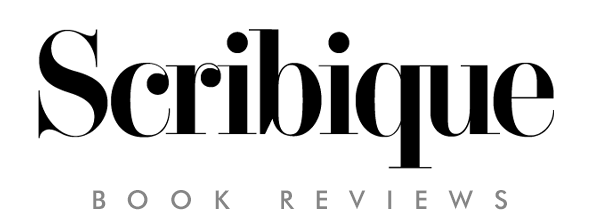
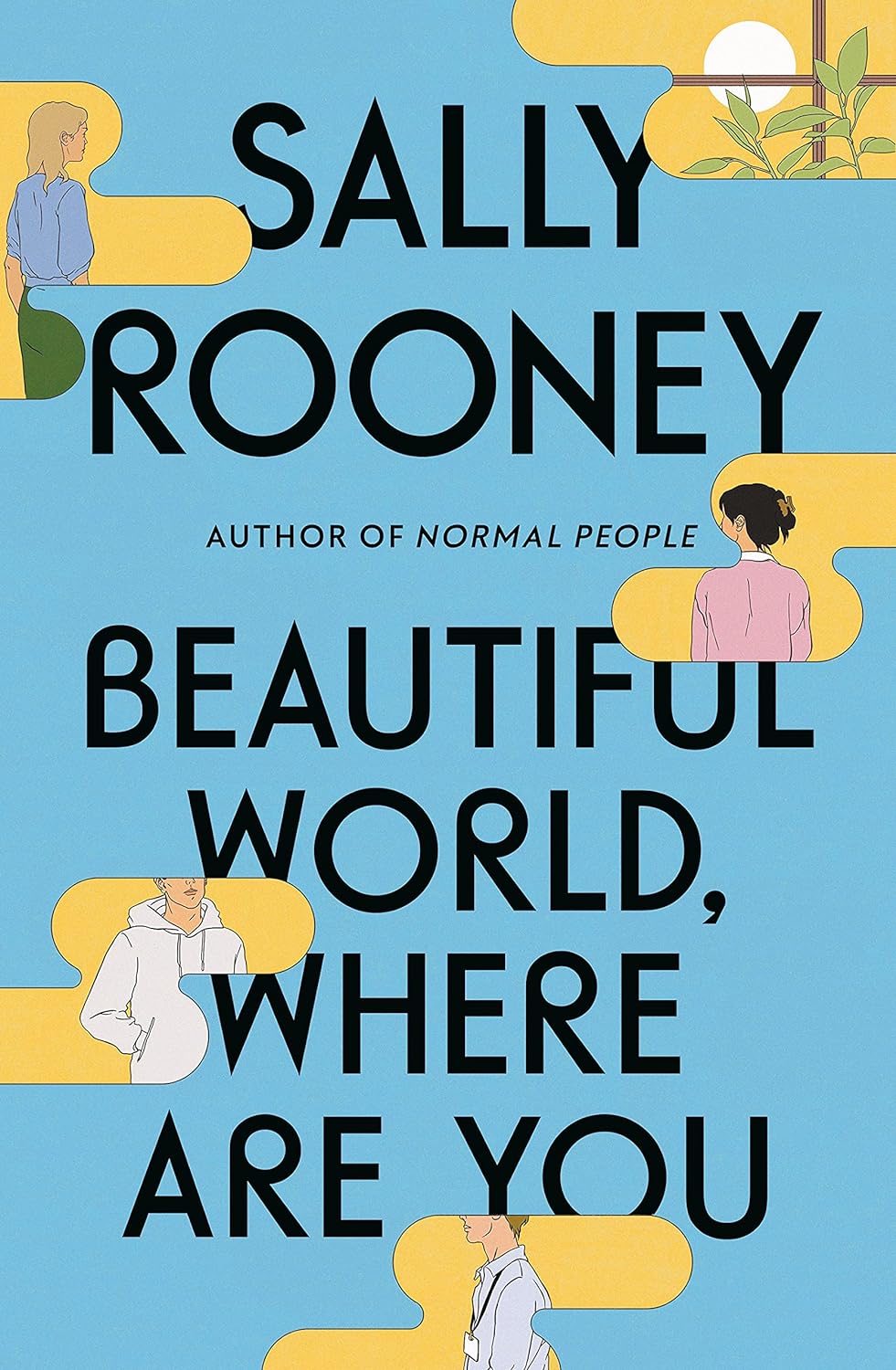
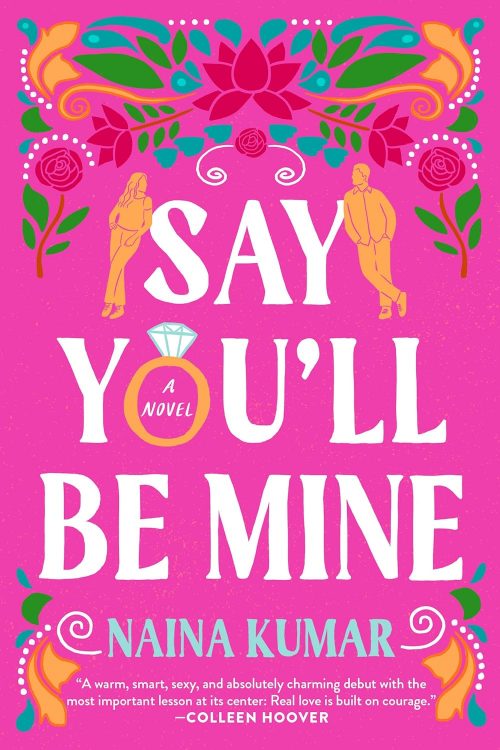
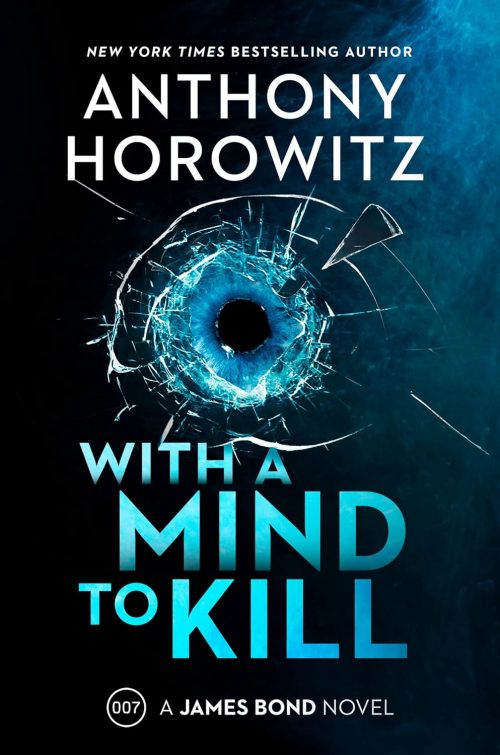
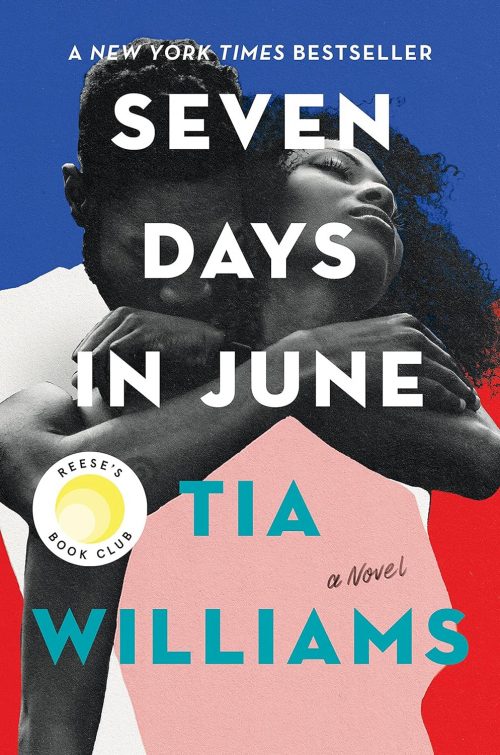
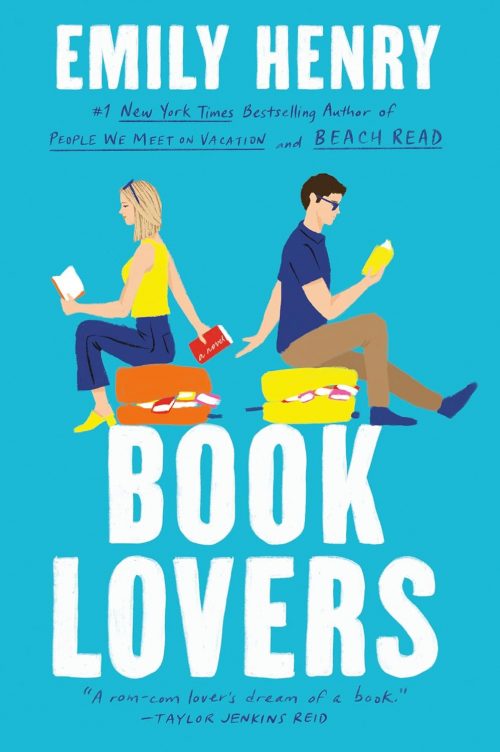
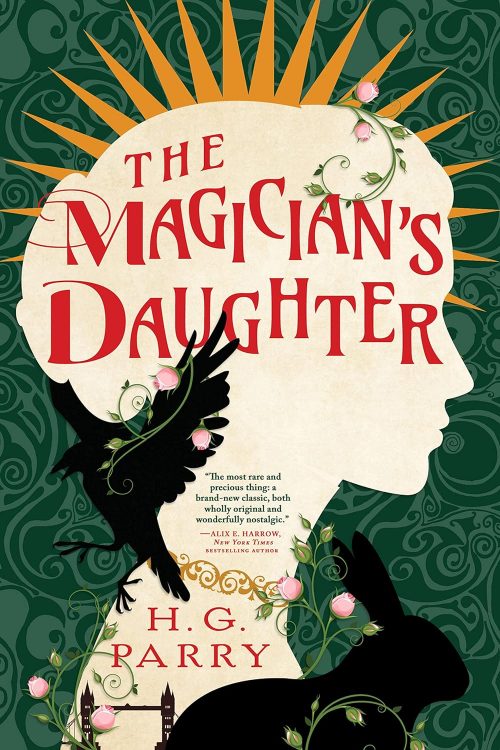
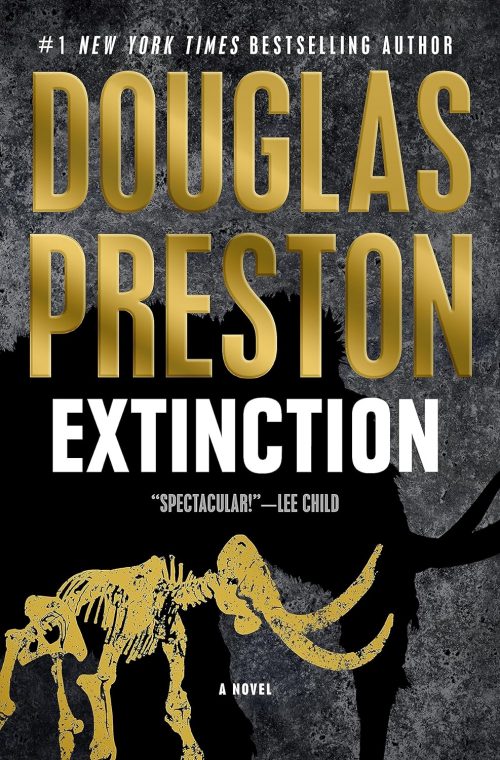

Reviews
There are no reviews yet.